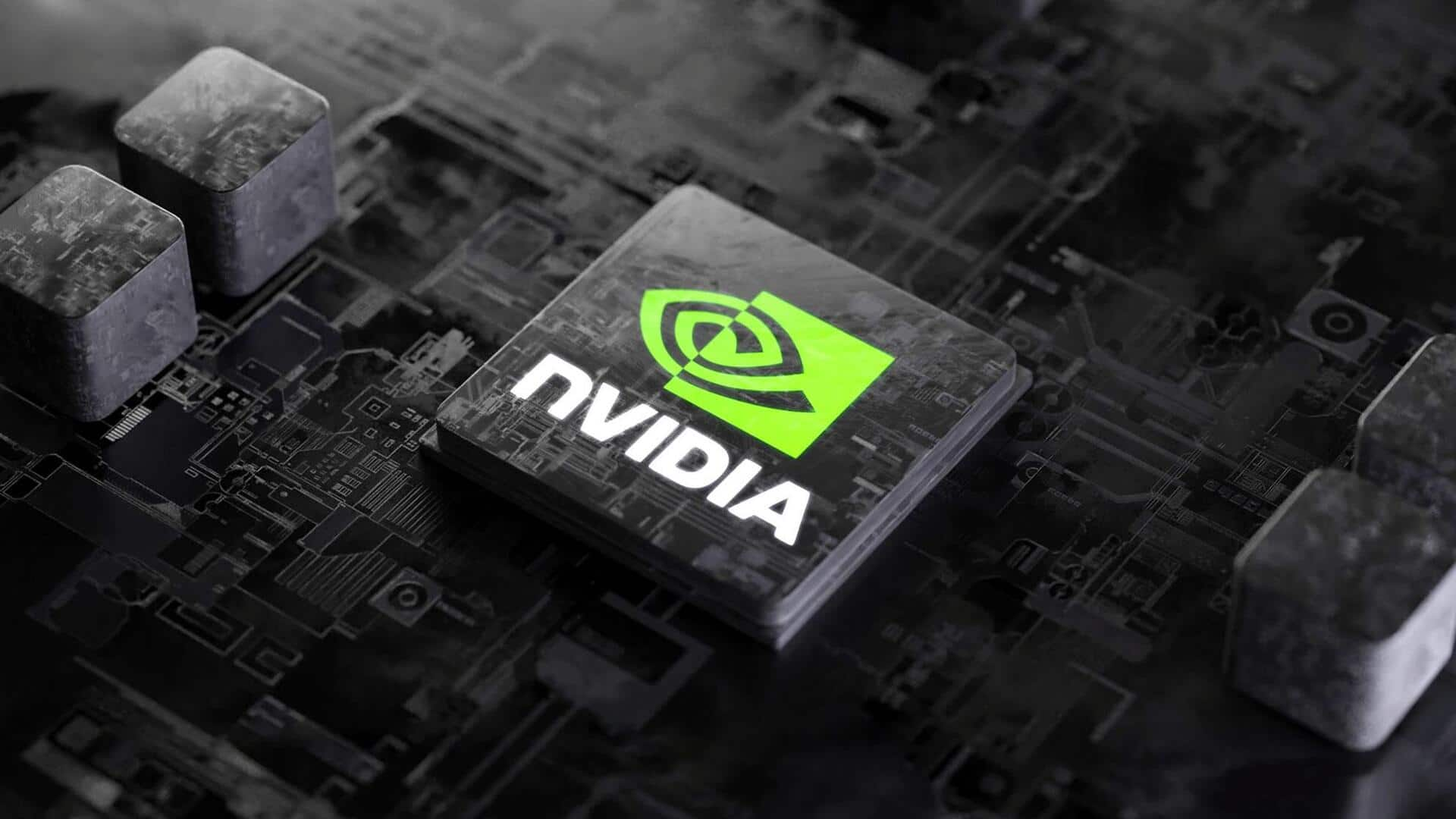
NVIDIA, AMD plan to develop Arm-based PC chips by 2025
What's the story
NVIDIA and AMD are said to be working on Arm-based CPUs for Windows PCs, with a potential release as soon as 2025, per Reuters. This move is part of Microsoft's push to support chip manufacturers in creating Arm-based processors for Windows computers, in an effort to rival Apple's proprietary Arm-based chips for Macs. The shift could disrupt the PC market, which has long been dominated by Intel, and pressure the company to produce chips that can compete with Apple's silicon.
Details
Microsoft's deal with Qualcomm ends in 2024
Microsoft has formed an exclusive partnership with Qualcomm for Arm-based Windows 11 versions. Until 2024, Qualcomm has been granted an exclusive agreement to develop Windows-compatible chips, as stated by two sources familiar with the situation. Microsoft is urging other chipmakers to join the market once the exclusivity deal ends. The company's executives, including Windows and Devices Vice President Pavan Davuluri, will participate in Qualcomm's announcement regarding its major Snapdragon launch for Arm-based chips.
Scenario
Apple's influence may have played role in pursuing Arm-based chips
Apple's custom chips have provided Mac computers with improved battery life and fast performance that rivals more power-hungry chips. Microsoft executives have taken note of the efficiency of Apple's Arm-based chips, including AI processing capabilities, and aim to achieve similar performance. This has prompted Microsoft to push chip companies like NVIDIA and AMD to create Arm-based processors for Windows PCs in order to compete with Apple's market success.
Insights
The future chips are expected to have AI features
Microsoft has been motivating chipmakers to incorporate advanced AI features into the CPUs they are developing. The company foresees AI-enhanced software like its Copilot becoming an increasingly vital aspect of using Windows. To make this possible, upcoming chips from NVIDIA, AMD, and other manufacturers will need to allocate on-chip resources for AI processing capabilities.
Facts
Potential challenges ahead
The shift to Arm-based designs may present challenges, as software developers have invested decades and billions in creating code for Windows that operates on x86 computing architecture used by both Intel and AMD. Computer code designed for x86 chips will not automatically function on Arm-based designs. On the other hand, Intel has also been integrating AI features into its chips and recently demonstrated a laptop running features similar to ChatGPT.